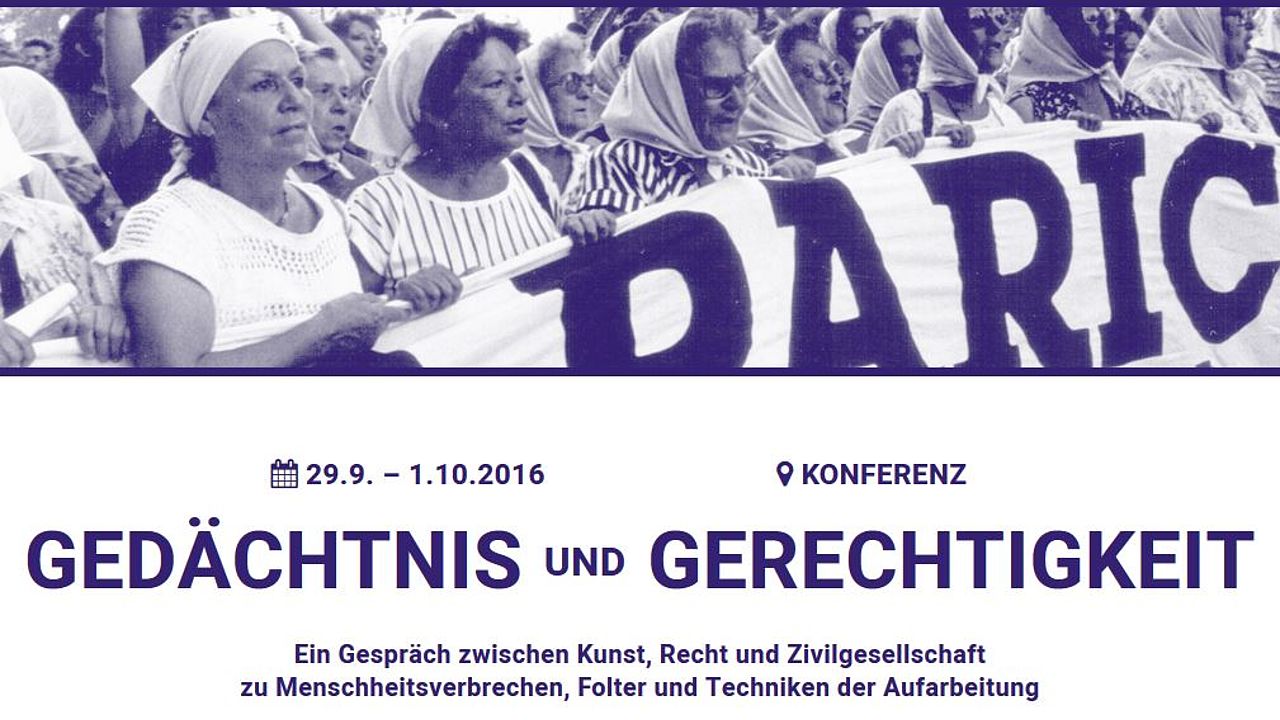Insight
Torture
The law is clear: torture is prohibited under any circumstances. Whoever commits, orders or approves acts of torture should be prosecuted. This is set out in the UN Convention against Torture which has been ratified by 146 states.
Show More

